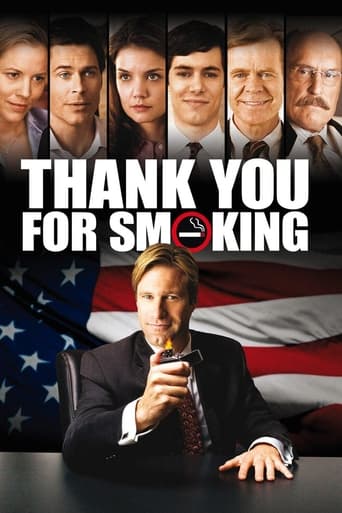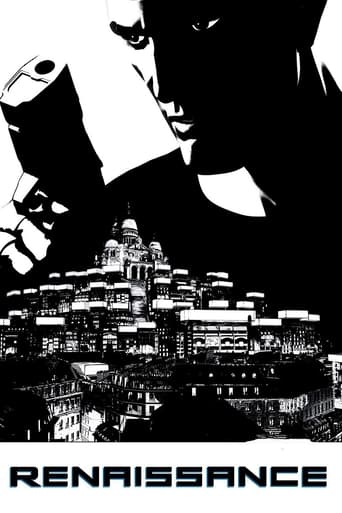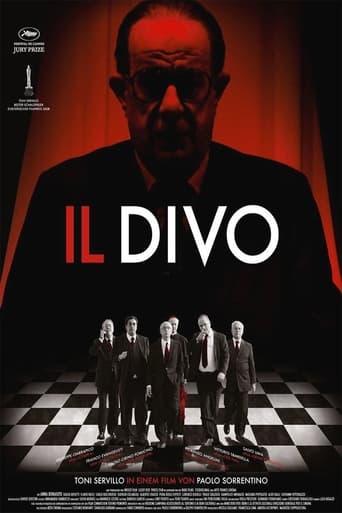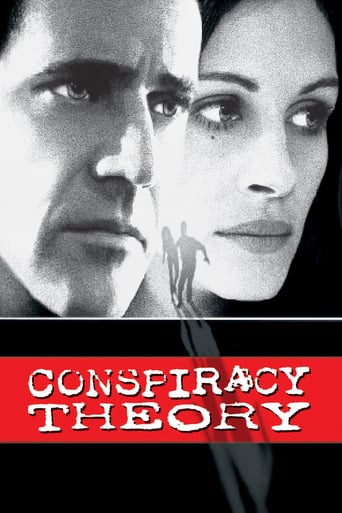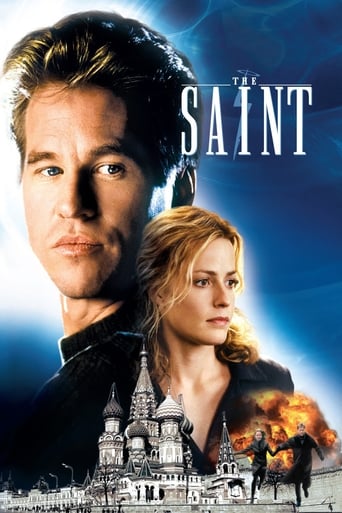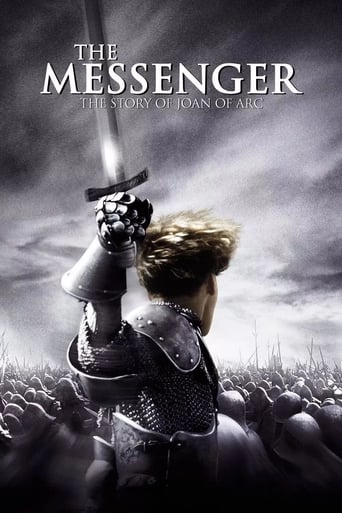

The Take (2004)
In suburban Buenos Aires, thirty unemployed ceramics workers walk into their idle factory, roll out sleeping mats and refuse to leave. All they want is to re-start the silent machines. But this simple act - the take - has the power to turn the globalization debate on its head. Armed only with slingshots and an abiding faith in shop-floor democracy, the workers face off against the bosses, bankers and a whole system that sees their beloved factories as nothing more than scrap metal for sale.
Watch Trailer
Cast


Similar titles
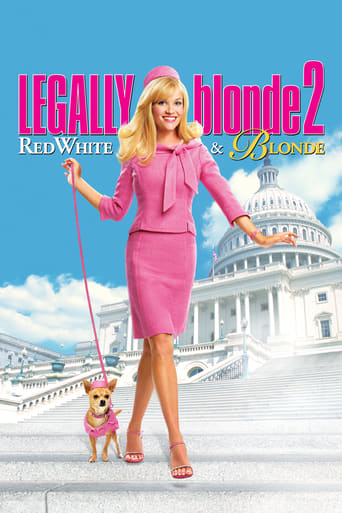
Reviews
This documentary is the real "Yes, We Can", only instead of an empty political statement it's a true demonstration of "How You Can" make a real change.When someone tells you that an enterprise cannot run without a boss and a hierarchy of power, don't believe them. Just let them watch "The Take" (La Toma) and see how it's possible to replace the "hierarchy of power" with a "network of cooperation". At first, I didn't believe it myself, but now I know it's possible. Imagine workers cooperating and taking decisions by voting, effectively managing a successful enterprise. Even if the people are inexperienced at first, even if they disagree sometimes, things can be worked out."The Take" simply shows something that Capitalism says cannot exist, something that's supposedly impossible: people cooperating for a common purpose, dividing profits equally, taking decisions democratically and managing the enterprise successfully. No leaders, no power struggles, just cooperation. The incentive is the common success, not just personal gain."The Take" is even more topical today in the so-called Global financial crisis, because it poses the question: "what should happen to a failed business? Should it be bailed out by the people only to repeat the same mistakes again? Should it be liquidated and sold for scrap metal, leaving the workers without jobs? Or should everything start anew, but this time as a democratic cooperation between workers?" So next time a business fails and the government decides to take your money to save a corporation, know that you have the right to say "NO, I deserve to be compensated. Your factory will do nicely." I simply cannot express how inspiring and eye-opening this documentary is, you just have to see it for yourself.
namely that there ARE options available to us all. 8/10 for the message of hope, commiseration for our working/unemployed Argentine brothers and sisters. 6/10 for the quality of the film.there is so much unhappiness among the people of the world that ARE working, let alone those suffering war, poverty/sickness. Billions of workers' tax dollars bailing out banks and corporations, as decisions by the politicians of canada and the u.s.?!? You need to wake up if you do not realize the intent behind such policies. Why do so many people continue to accept idiotic and heartless "bosses" in the workplace? Their positions of power are supported by fear, and violence. We NEED movies like this at the very least to show us all the glimmer of light at the end of OUR long, dark tunnel..the direct democracy worked towards by the people filmed here, is the democracy i believe in. for me the most important lesson here is that the workers succeeded with the support of their Community.great things are possible when we work together. Occupy.Resist.Produce!Horizontalidad!!
As nice, simple, and uplifting as this movie is. There is one big problem. And I am not talking about the complete lack of explanations and important information left out of the movie. I'm talking about the fact that it is made by Naomi Klein, a hack! Her stupid "No Logo" bullshit only translates to other areas of media, now in the form of this Mocumentary. Let's just think here, what is the other option to Globalization? Oh ya, Nationalism! Oops I almost forgot about that, how important it is and how easily it leads everyone down the path of the dark side. It brought us great men like Hitler, Stalin and Mao. Yay for them, but it's just too bad all those people had to die. You die-hard leftist morons are living a Utopic dream which can only be realized in Thomas Moore's book! Utopia literally means "no place" or "no where" and it is safe to say that you guys are always heading in that direction. But I do not doubt that you are making progress in that endeavor. Klein and Lewis are hypocrites. Just look at the places Klein lives in; She has houses in some of the most expensive places in the world. Look at the value of her place in Toronto! These people are like shepherd's of thought, they say "Do as I say, not as I do." Why? To make money and in particular to take yours! They are simply different vessels of the Capitalist thought that is within everyone, and as long you love and support them they will continue to make millions off of the ignorant. People like Klein and Lewis deserve nothing more than the inside of a prison cell with a single copy of the Communist Manifesto to keep them company and to remind them of where it gets people.
The Take is perhaps one of the most inspirational films I had ever seen. It provides an example to all of us - in terms of what we could accomplish if only we came together, if only we joined hands like those grandmothers in the streets of Argentina, like those workers who took production and decision making into their own hands. True democracy has to start from the bottom up, it has to start in the family, in the school, in the workplace, in the neighborhood and expand outward from there. Only when decisions in *all of these* social settings are made democratically, based on majority vote, only then, can our society begin to call itself democratic. This is currently not the case in the United States. It is not the case in the US family, nor in US schools, and no where is it more untrue than in the US workplace. Currently in the United States practically all decisions are made by those in power, by those with the money, and enforced on those underneath. When somebody gets fired from a workplace, do all the workers get together and vote on whether the person should be kept or fired? Do the children in the US schools have any democratic power to decide how things are done and organized? Do wives have equal power with their husbands in the American family? So how can a society that is so undemocratic claim to be a model of democracy for others? It is unfortunate that in the US democratic participation is limited to electing individuals to power, and is never directly related to policy issues. Our society would be much more democratic if we voted like specifically on the questions at hand both at the national and at the local level: REFERENDUM: Should US troops remain in Iraq? Should gay marriage be legal? Etc. All the questions that are most important to us, why don't we just vote specifically on them? The movie about Argentine factory workers has a message about democracy: "We vote often, that way we get used to loosing". If we were to vote more often, and to vote specifically on the issues that are important to us, then we would have a true participatory democratic society. So the Take, in my opinion is *a very important* film, and is something that all workers around the world and all people should learn from. Some other comments I have about the Take are as follows. -By taking over Argentine factories, the workers are benefiting not only themselves and their families, but also their communities and Argentina as a whole, by contributing to economic recovery. I think this is a very important point. - It is unclear to me how the workers were able to make the factories profitable again, despite the economic crush. Because generally, when an economic collapse takes place and people lose jobs and savings, the demand for new goods declines, and that is probably why the factory owners were forced to shut down their factories in the first place. So how are the workers able to sell off their final products after taking over production? Is there some kind of barter system in place? Are the workers getting their inputs domestically instead of by importing them? I wish the film explained this. -The issue of private property is raised in the film. Should people really have the right to own stuff if they are not making good use of it? I mean, like if you are a kid with a toy, and you aren't playing with your toy, and the kids next to you want to borrow your toys because they actually want to play together, shouldn't you just give it to them, since you are not using it anyway? I mean why is the law on the side of those who want to keep their toys to themselves and do nothing with it?



